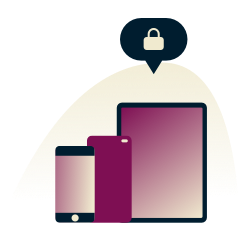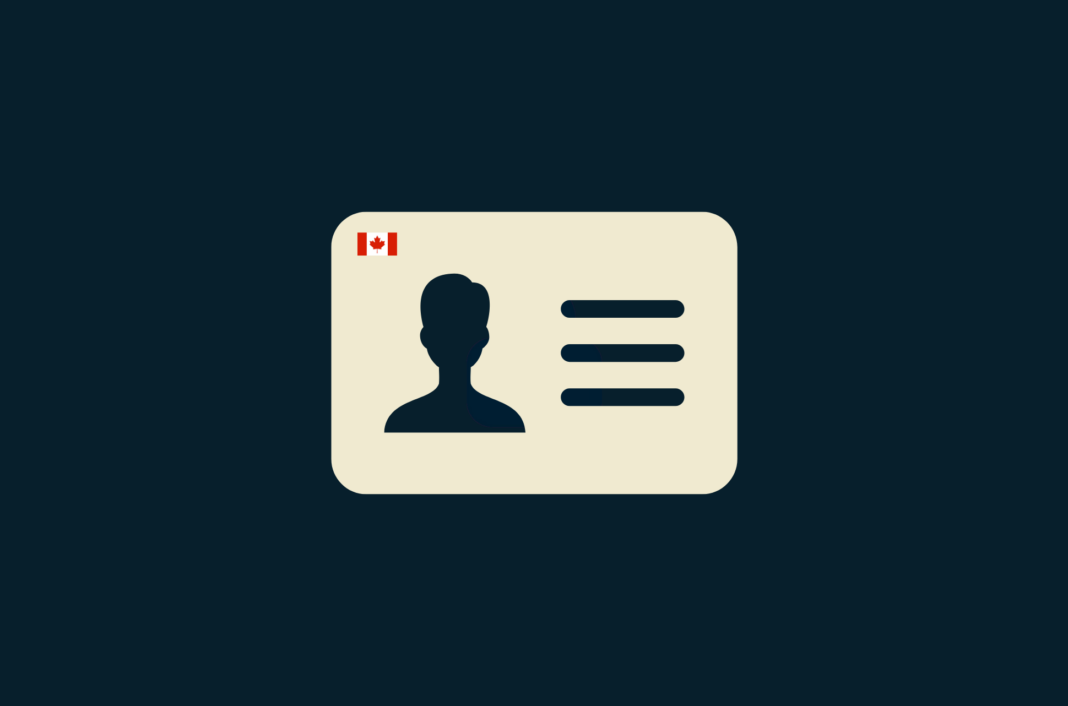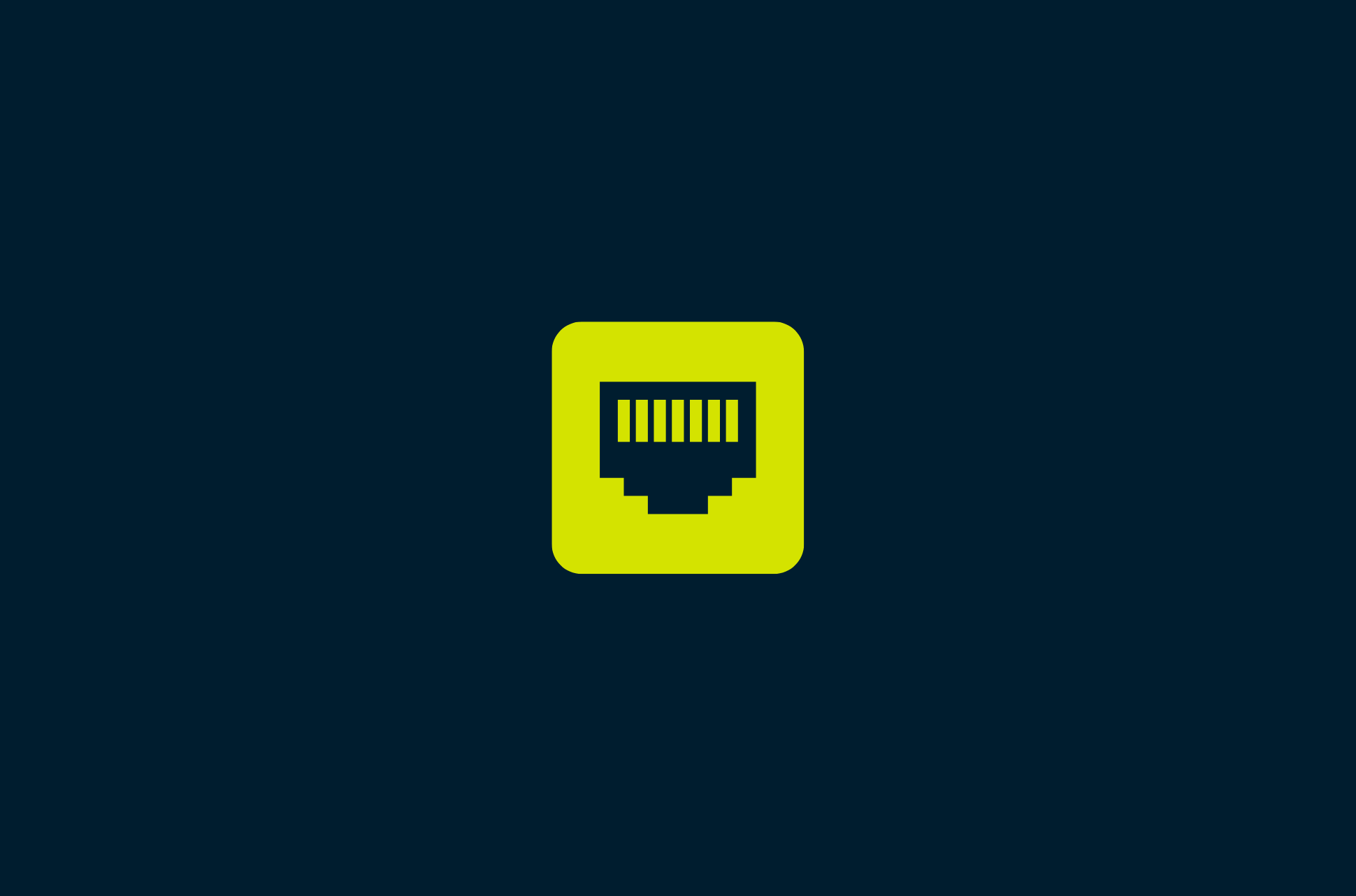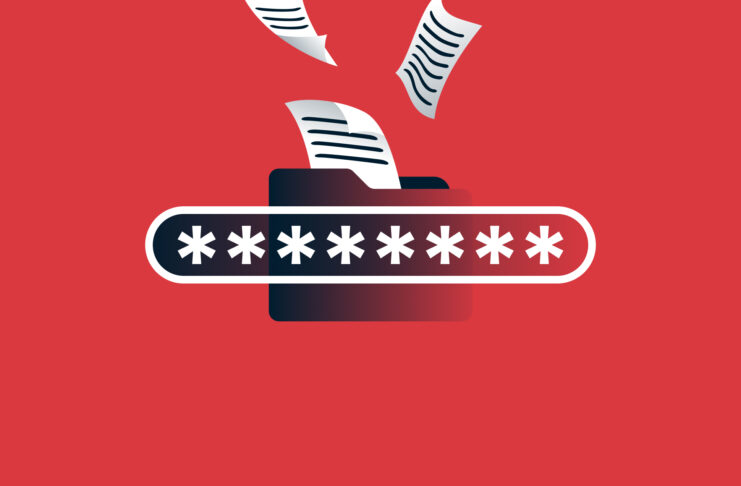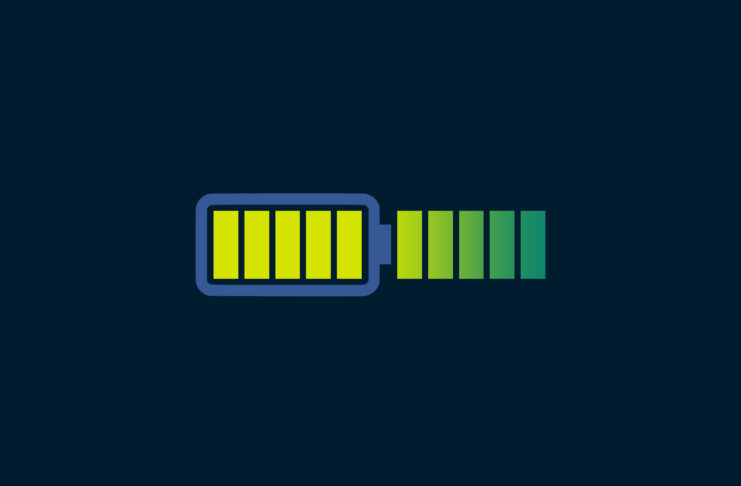The Canadian government is in the planning stages of rolling out a country-wide digital ID program. With a digital ID, Canadians could sign up for a wide range of services more conveniently and quickly.
For example, instead of filling out a form at the doctor’s, you might be able to scan your digital ID on your phone. Many countries, like Australia, Germany, and Chile, have introduced digital ID programs for citizens to conveniently access government services, prevent identity theft, and create more efficient systems.
So what are the benefits and risks of digital IDs?
What is Canada’s digital ID program?
A Canada digital ID would be part of a digital identification system designed to provide Canadians with a secure and convenient way to authenticate their identity online. It aims to digitize and streamline the process of verifying individuals’ identities for various online transactions and interactions, such as accessing government services, conducting financial transactions, or interacting with businesses.
What’s the difference between a digital ID and a physical ID?
Think of your identity as the person and an ID as the way to prove it.
Physical ID: This is a tangible document, like a driver’s license or passport, that contains your personal information and a picture for identification purposes. You carry it with you and present it when needed.
Digital ID: This electronic representation of your identity can be used to prove who you are online. It can take many forms but often involves a secure app on your phone.
Pros and cons of digital IDs
Both digital and physical IDs can be secure, but digital IDs can potentially offer some advantages and disadvantages.
Pros
Convenience: You don’t risk losing or forgetting your ID at home.
Security: Digital IDs can have features that make them harder to forge than physical IDs.
Efficiency: Verification can be quicker and easier than manual physical document checks.
Cons
Privacy: Digital IDs raise concerns about how personal data is stored and used.
Accessibility: Not everyone has the technology or internet access required for digital IDs.
Reliance on technology: If your phone dies or the system malfunctions, you might be unable to verify your identity.
How does a digital ID work in Canada?
According to the Canadian government, a digital ID would simply be the electronic equivalent of physical documents you already have. With your digital ID, you would be able to do things like:
- Claim social benefits
- File your taxes
- Access your health records
- Open a bank account
- Buy a home
If you need to use a government service, you could choose the required information from your digital wallet and give it to the right government department. For example, if you’re a British Columbia resident trying to apply for health benefits, you must use your BC Services Card app to confirm your identity.
Will digital ID be mandatory in Canada?
No, under the plans, digital IDs won’t be mandatory in Canada. Other forms of physical identification, like driver’s licenses and passports, may still be used.
Does a digital ID affect my privacy?
Yes, a digital ID can affect your privacy in some ways. In fact, digital IDs are generally believed to offer greater protections from identity theft and leaks of your sensitive information. But here are a few privacy concerns that Canadians have raised about using a digital ID:
Data collection
Digital IDs typically store more information than a physical ID, including items like your name, address, date of birth, and even biometric data like fingerprints or facial scans. This raises concerns about who can access this data and how it’s used.
Location tracking
Digital IDs could be used to track your online activity and movements, especially if they contain location data or are linked to other online accounts. This raises questions about the potential for government tracking.
What is the Canadian government doing to protect my privacy?
To protect citizens’ information, the Canadian government ensures that The Privacy Act will safeguard any personal information you use with digital credentials. The Digital Governance Council (DGC) of Canada recently introduced a standardized framework and trustmark to validate data integrity and security. Mitek Systems, a digital identity and fraud prevention firm, has also been appointed by the Digital ID & Authentication Council of Canada to develop a robust and secure digital ecosystem.
How can I protect my privacy while using my Canada digital ID?
Admittedly, how individual privacy is handled within the digital ID program is out of your hands. But you can stay informed and secure:
1. Review privacy policies
Before enrolling in the Canada digital ID program, read the privacy policies and terms and conditions to understand what the service does and how it could impact you. The privacy policy should also reveal how businesses and government services will use your information and with whom they’ll share it.
2. Secure your devices
Ensure the phone or device where you store your digital ID has strong security measures. This includes using a complex password or PIN, updating your software, and being cautious about downloading apps.
Avoid using unsecured Wi-Fi networks to access your digital ID. To ensure security and to protect your privacy, consider using a VPN download for encrypted data transmissions. A Canada VPN will ensure you can access Canadian services wherever you are.
3. Only provide what’s required
It’s always a good idea to question information you’re being asked to hand over. If any details on a form are not required, for instance, do not provide them. If someone seems to be asking you for personal information in a setting where it doesn’t make sense, push back on it.
You should also remember that using a digital ID in Canada is all voluntary. You can choose to continue using physical IDs.
FAQ: About Canada digital ID
What is a Canadian digital ID?
A Canadian digital ID would be a secure electronic version of your physical ID documents, like a driver’s license or passport. It can be stored on your phone or other device and used to verify your identity online or in person.
Is a digital ID mandatory in Canada?
No, using a digital ID in Canada is completely voluntary. You can continue to use physical IDs for any transaction.
How will a digital ID protect my privacy?
The Canadian government is developing the digital ID system with privacy in mind. Here are some key points:
– You will have control over what information you share from your digital ID.
– Data privacy regulations are being considered to protect user information.
– The system is designed with security in mind to prevent data breaches.
Are there any privacy risks with a digital ID?
Yes, some potential privacy risks include:
– Your digital ID might collect more information than a physical ID.
– Digital IDs could be used by the government to more closely track your activity.
What can I do to protect my privacy when using a digital ID?
Here are some ways to safeguard your privacy:
– Only share the minimum information necessary.
– Be cautious about which services you use your digital ID with.
– Understand the privacy policies of any service that uses digital IDs.
– Keep your device secure with strong passwords and software updates.
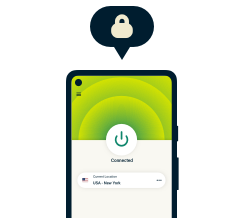
Privacy should be a choice. Choose ExpressVPN.
30-day money-back guarantee
